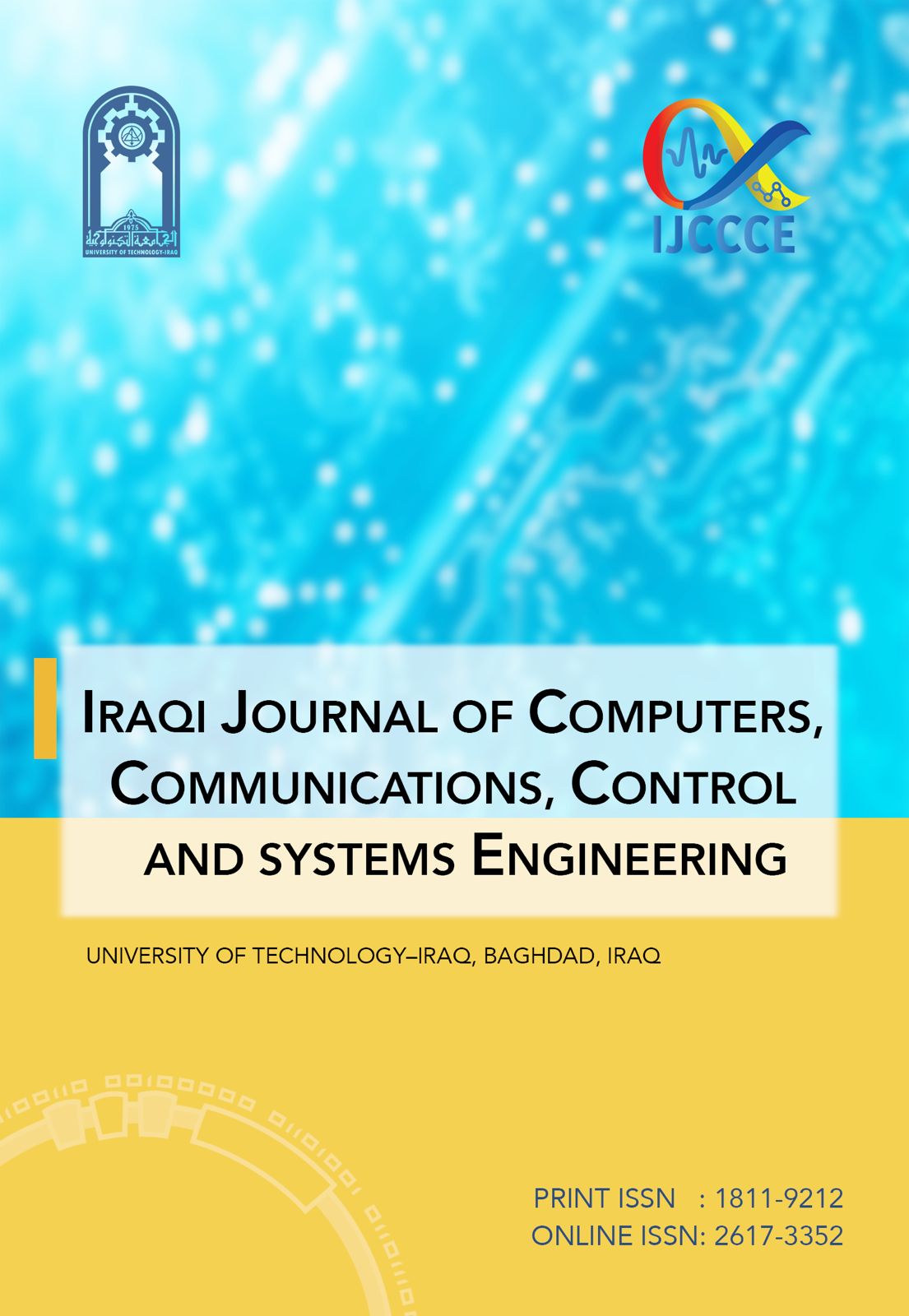Abstract
t is known that many individuals suffer from chronic diseases such
as heart disease, high blood pressure, and sleep apnea, which requires constant
monitoring, which is only found in the hospital, and the high cost that the
individual cannot afford, especially at present. This paper proposes a system
through which an individual can monitor vital signs and can use the wearable
device by himself without the need for assistance. Wearable devices have been
used from the sensors where the proposed system uses six sensors which are the
electrocardiogram, the pulse oximeter, heart rate, blood pressure, skin
temperature, temperature, and humidity as it collects data and then transfers it
via Wi-Fi to the microcontroller on the Internet of things. The results of the
sensors have been successfully obtained. Finally, linked them to the Blynk
platform that displays the desired results for the individual.
as heart disease, high blood pressure, and sleep apnea, which requires constant
monitoring, which is only found in the hospital, and the high cost that the
individual cannot afford, especially at present. This paper proposes a system
through which an individual can monitor vital signs and can use the wearable
device by himself without the need for assistance. Wearable devices have been
used from the sensors where the proposed system uses six sensors which are the
electrocardiogram, the pulse oximeter, heart rate, blood pressure, skin
temperature, temperature, and humidity as it collects data and then transfers it
via Wi-Fi to the microcontroller on the Internet of things. The results of the
sensors have been successfully obtained. Finally, linked them to the Blynk
platform that displays the desired results for the individual.
Keywords
Arduino Mega
Arduino Nano3
Blynk platform
Healthcare system
Internet of Thing
Raspberry pi3 model B
sensors
Wearable Devices.
